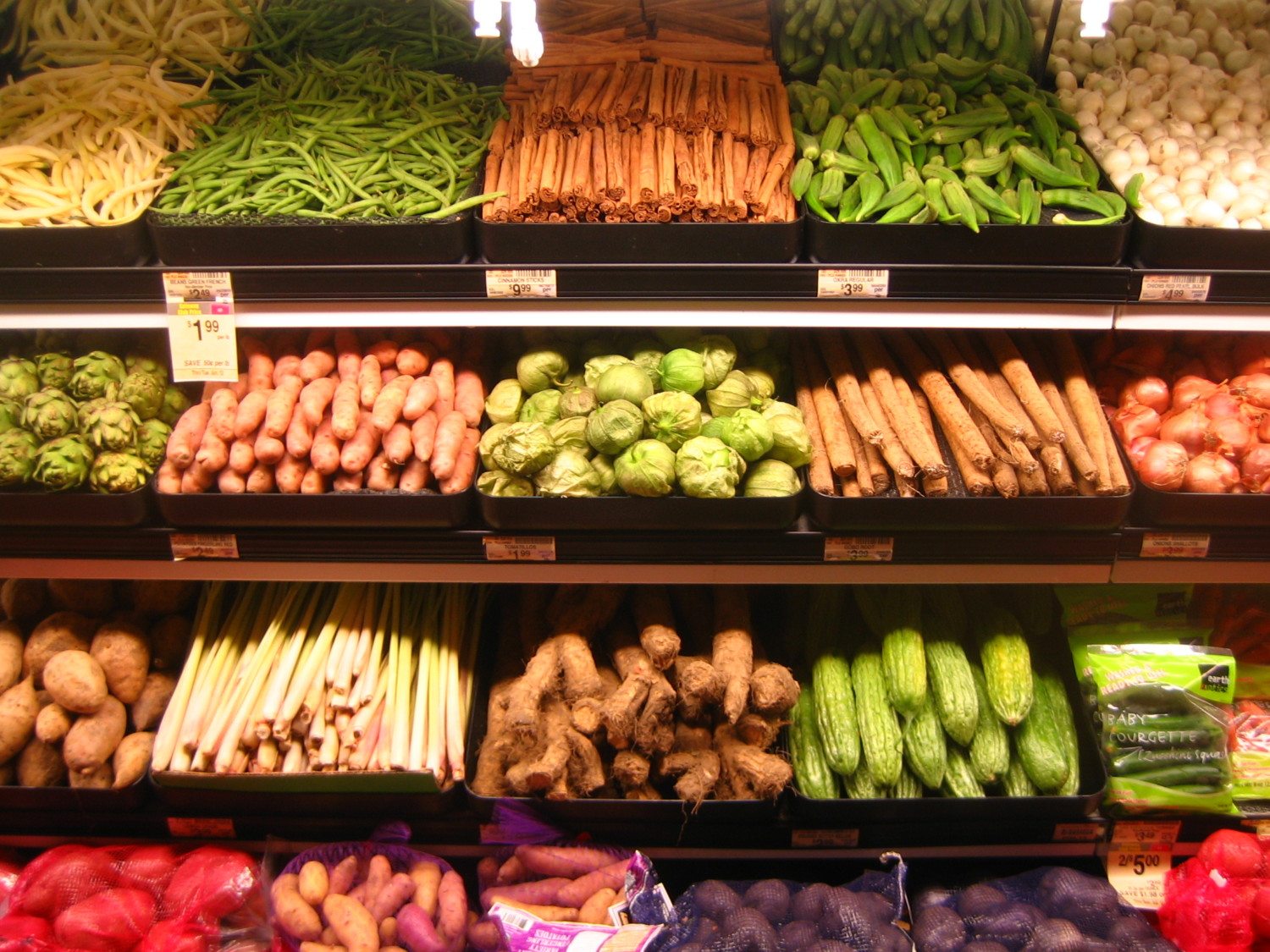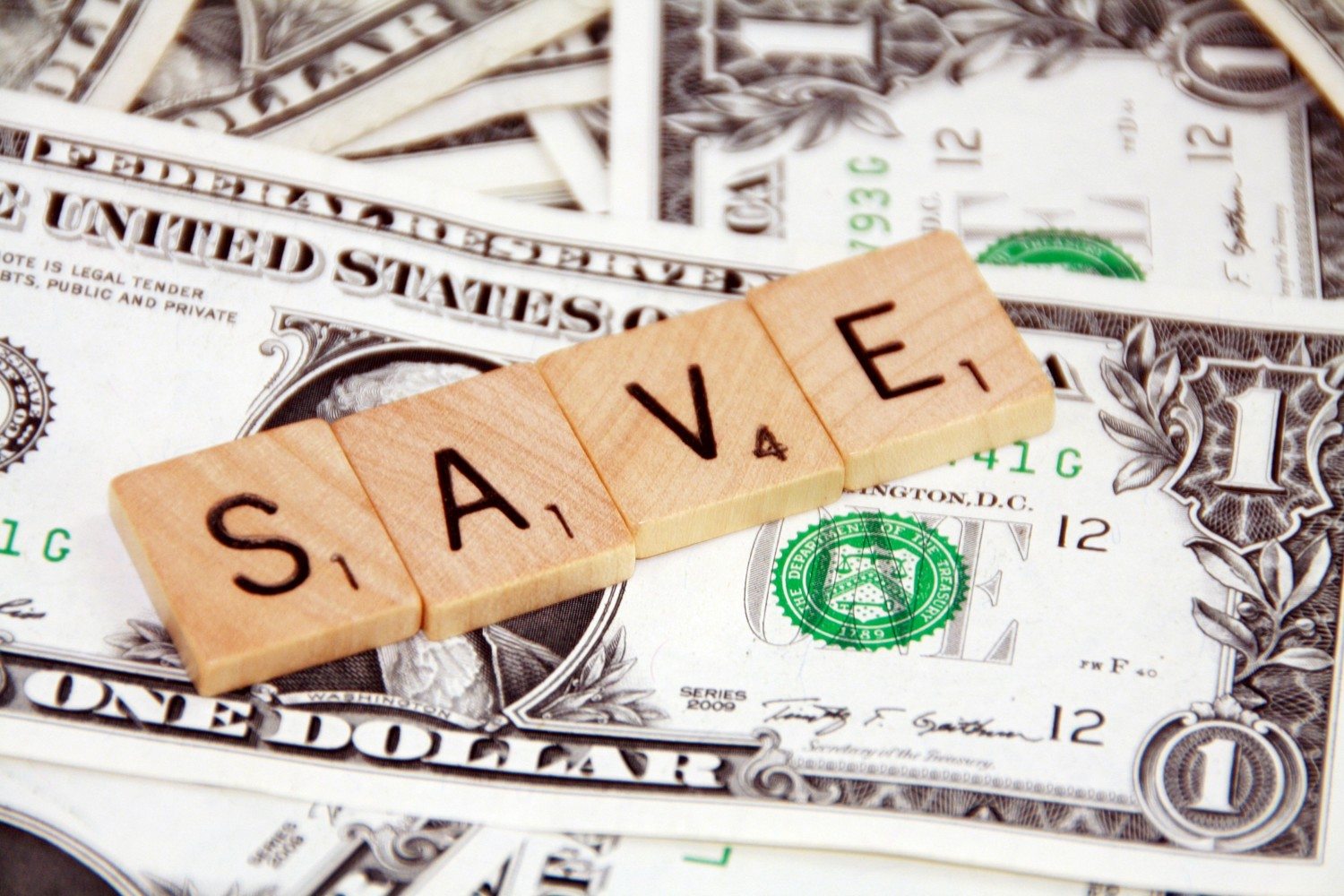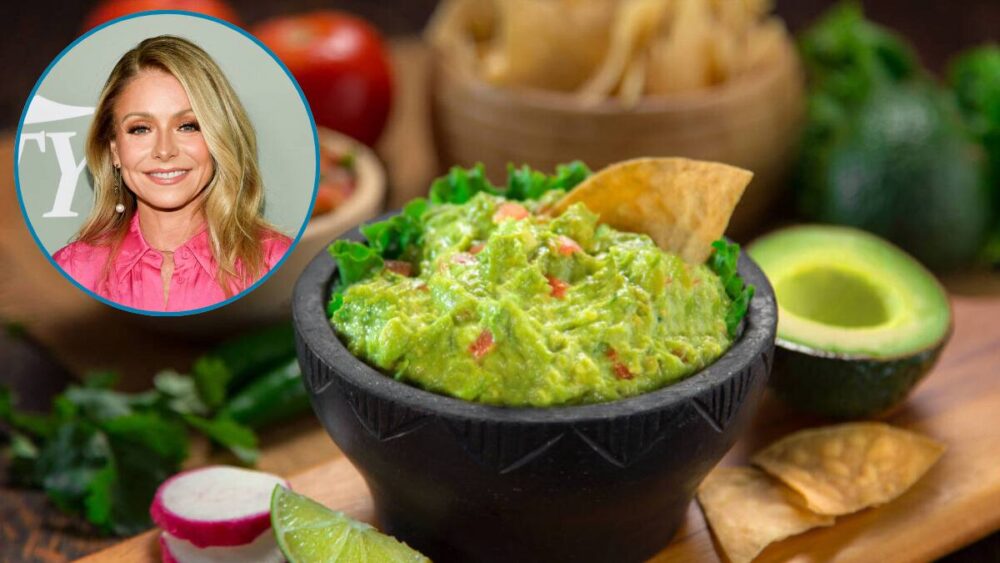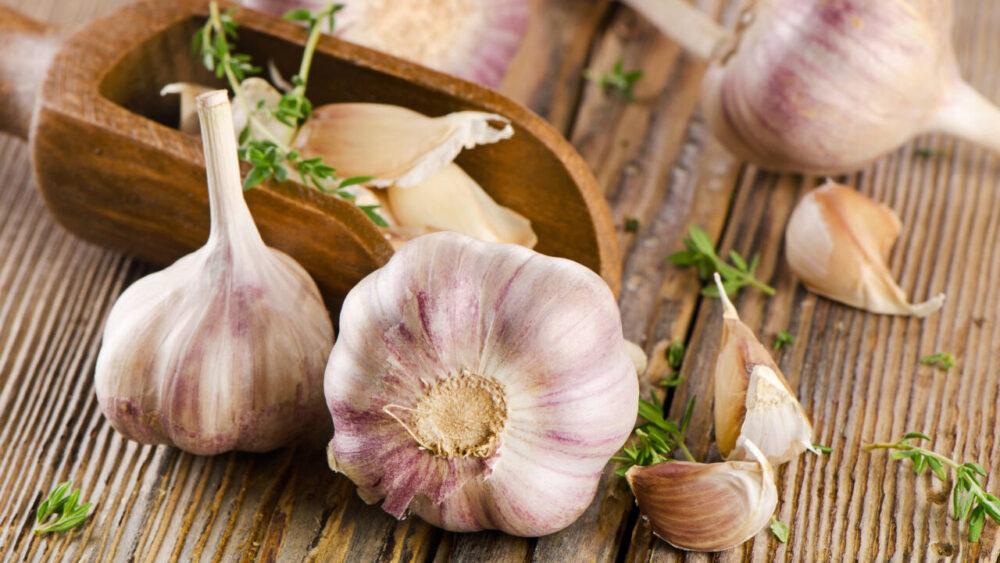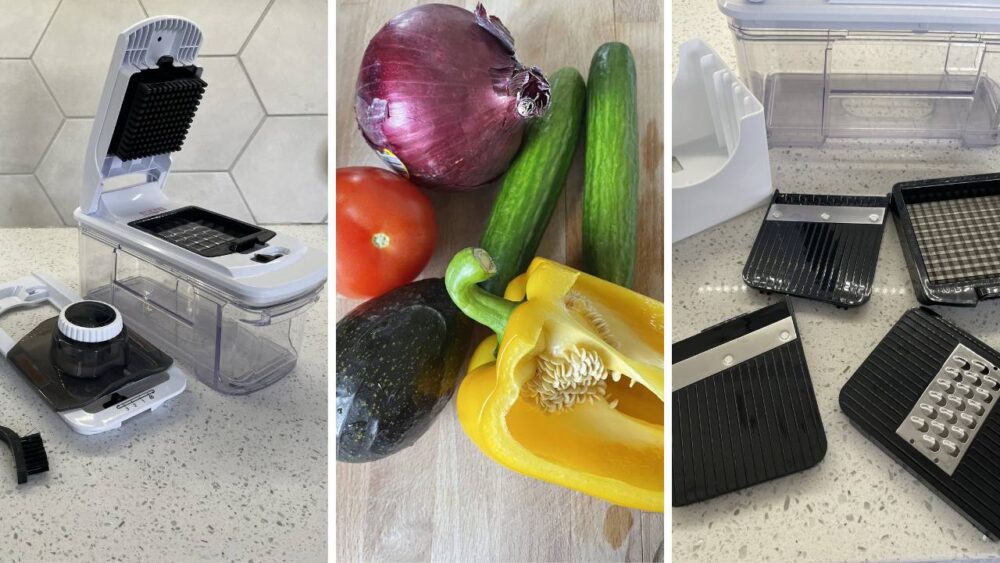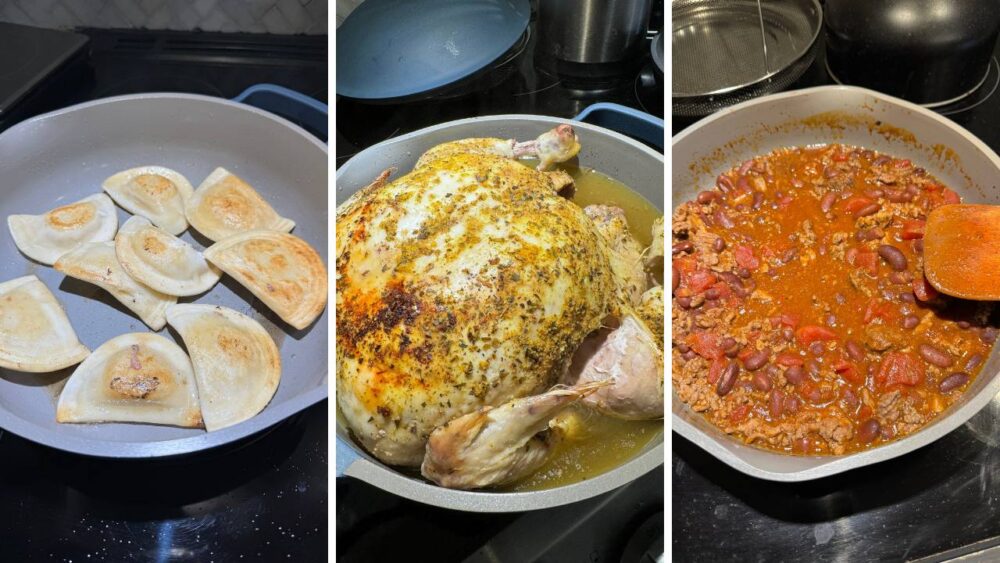Why Frozen Fruits And Veggies Might Be Healthier For You Than Fresh
Most of us don’t have time to shop daily for fresh produce. We avoid grocery “groundhog day” by buying for a few days or even a week at a time. Then those delicious fruits and veggies we so lovingly selected sit wilting in our refrigerator until we’re ready to eat them.
In the past, fresh-versus-frozen research has pitted just-bought produce against their frozen counterparts. But, that research may not tell the whole story—because it’s not common that we immediately eat our food after purchasing it. Finally, a new study has taken our storage habits into account—and has overturned the long-held belief that fresh is always better.
The two-year study, published this February in the “Journal of Food Composition and Analysis,” compared three categories of produce: fresh, frozen and “fresh-stored” (which indicates five days of refrigeration). The researchers tested broccoli, cauliflower, corn, green beans, green peas, spinach, blueberries and strawberries of all three categories of freshness. They looked at their concentrations of vitamin C, provitamin A, and total folate.
In the majority of comparisons, they found no significant difference. When there was a difference in vitamin content, frozen outperformed fresh-stored. It turns out that our produce quickly loses vitamins while in storage.
“Consumers’ assumption that fresh produce has much more nutritional value than frozen is incorrect,” the study authors concluded.
Another study that appeared a year ago on the National Center for Biotechnology Information site, backs up this claim, stating that, “Overall, the vitamin content of the frozen commodities was comparable to and occasionally higher than that of their fresh counterparts.” According to a literature review of food studies, freezing processes may actually preserve nutritional value. Fruits and vegetables are usually frozen within hours of being picked and while their nutritional content isn’t fully retained, a good bit is.
This is great news, given that frozen produce is often cheaper than fresh. In 2013, the USDA tracked the pricing of 156 fruits and vegetables, in both fresh and frozen form. For the majority of the produce, the frozen foods were the clear winner for your wallet. For example, fresh green beans cost $2.14 per ounce but only $1.67 for the same amount frozen, while fresh versus frozen corn runs $2.69 to 1.62, respectively.
Buying local fruits and vegetables and eating them quickly is still your best nutritional bet (and you can use this handy chart to buy in season), but it’s good to know that frozen vegetables offer a less expensive, convenient and healthy option.


